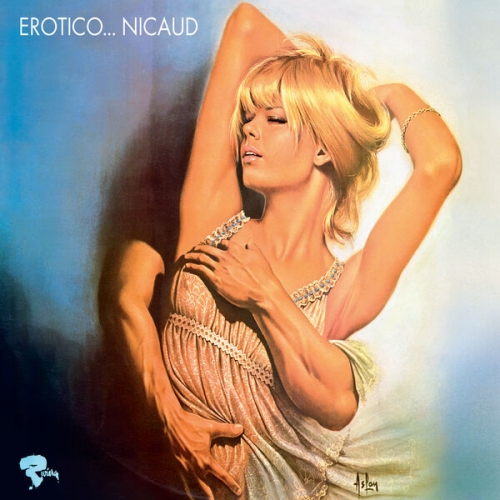José Luis, Juan Carlos Garvayo, Trío Arbós - Bacarisse: Concertos (2017) [Hi-Res]
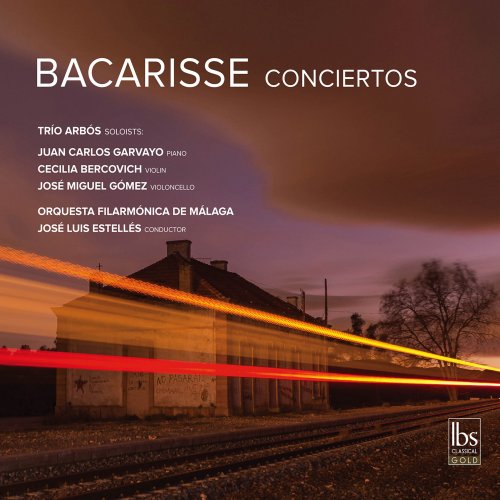
Artist: José Luis, Juan Carlos Garvayo, Trío Arbós
Title: Bacarisse: Concertos
Year Of Release: 2017
Label: IBS Classical
Genre: Classical
Quality: flac lossless / flac 24bits - 96.0kHz +Booklet
Total Time: 01:09:43
Total Size: 348 mb / 1.23 gb
WebSite: Album Preview
Title: Bacarisse: Concertos
Year Of Release: 2017
Label: IBS Classical
Genre: Classical
Quality: flac lossless / flac 24bits - 96.0kHz +Booklet
Total Time: 01:09:43
Total Size: 348 mb / 1.23 gb
WebSite: Album Preview
![José Luis, Juan Carlos Garvayo, Trío Arbós - Bacarisse: Concertos (2017) [Hi-Res]](https://www.dibpic.com/uploads/posts/2020-03/1584430154_trio-arbos-bacarisse-concertos-2017-back.jpg)
Tracklist
01. Piano Concerto No. 4 in D Major, Op. 88: I. Allegro con brio
02. Piano Concerto No. 4 in D Major, Op. 88: II. Adagio molto
03. Piano Concerto No. 4 in D Major, Op. 88: III. Allegro scherzando
04. Capriccio concertante for Violin & Orchestra, Op. 70: I. Allegro vivo
05. Capriccio concertante for Violin & Orchestra, Op. 70: II. Andante molto maestoso
06. Capriccio concertante for Violin & Orchestra, Op. 70: III. Allegro giusto
07. Cello Concerto in A Minor, Op. 22: I. Allegro appassionato e molto mosso
08. Cello Concerto in A Minor, Op. 22: II. Molto adagio
09. Cello Concerto in A Minor, Op. 22: III. Allegro molto vivace
When the Civil War begins, Bacarisse follows the Republican government to Valencia and, shortly before the definitive triumph of the Francoist troops, crosses the Pyrenees on foot with his family. Finally settled in Paris, Bacarisse writes three-quarters of his production there in virtually every genre until his death in 1963, whilst working as an editor on Radio Paris (Radio France broadcasts in Spanish). As an emblematic work of these years, his Concertino for guitar (1952), op. 72a, may be recalled. With its tonal language, relatively conventional form, and adherence to musical twists traditionally associated with Spanish musical nationalism, it would probably never incite the scandals caused by Bacarisse’s earlier works.
Without wishing to deny that Bacarisse´s renegade impulse could have been reduced by the transfer to a musical environment that was not his own and in which his artistic and political positions would cause less scandal and interest than in the Madrid of the 1920s and 30s, in this essay I seek, by examining the three works included on this CD, connections between the work of Bacarisse prior to and during the exile that nuance the trope of Bacarisse as frustrated composer.
Juan Carlos Garvayo, piano
Cecilia Bercovich, violin
José Miguel Gómez, cello
Orquesta Filarmónica de Málaga
José Luis Estellés, conductor
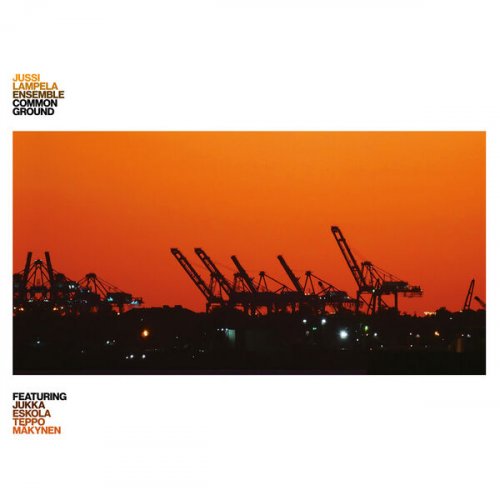
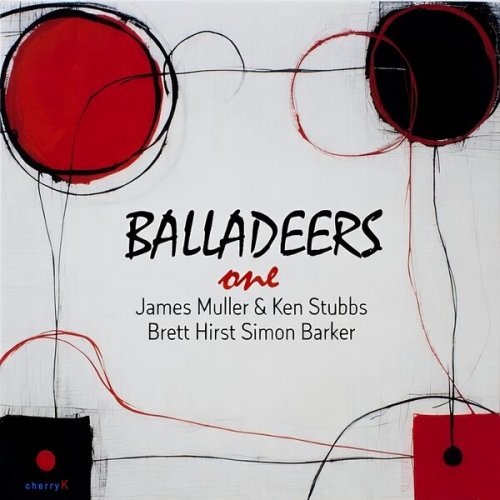
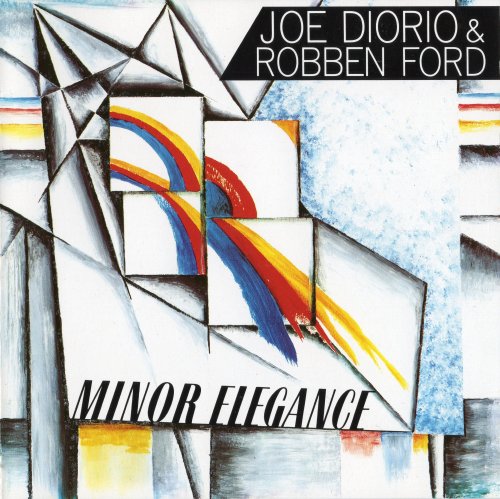
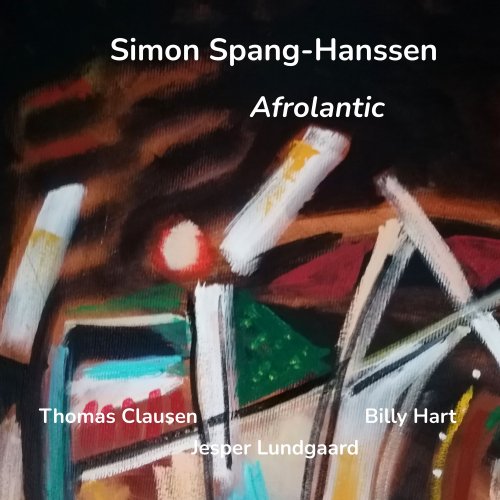
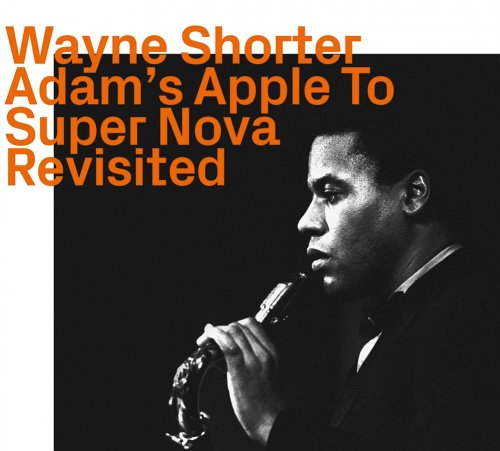
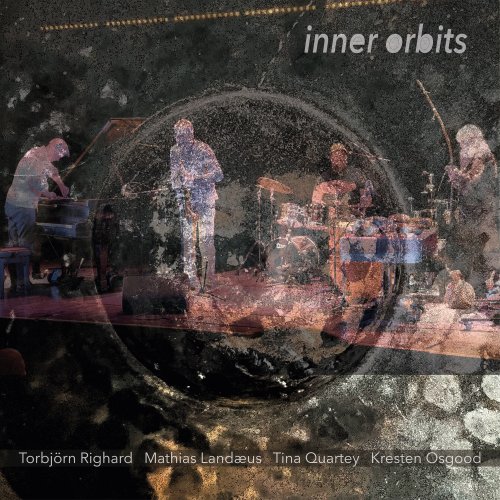
![Enrico Pieranunzi, Orchestra i Pomeriggi Musicali & Michele Corcella - Improclassica (2026) [Hi-Res] Enrico Pieranunzi, Orchestra i Pomeriggi Musicali & Michele Corcella - Improclassica (2026) [Hi-Res]](https://www.dibpic.com/uploads/posts/2026-01/1768381306_glelgvcvvilia_600.jpg)

